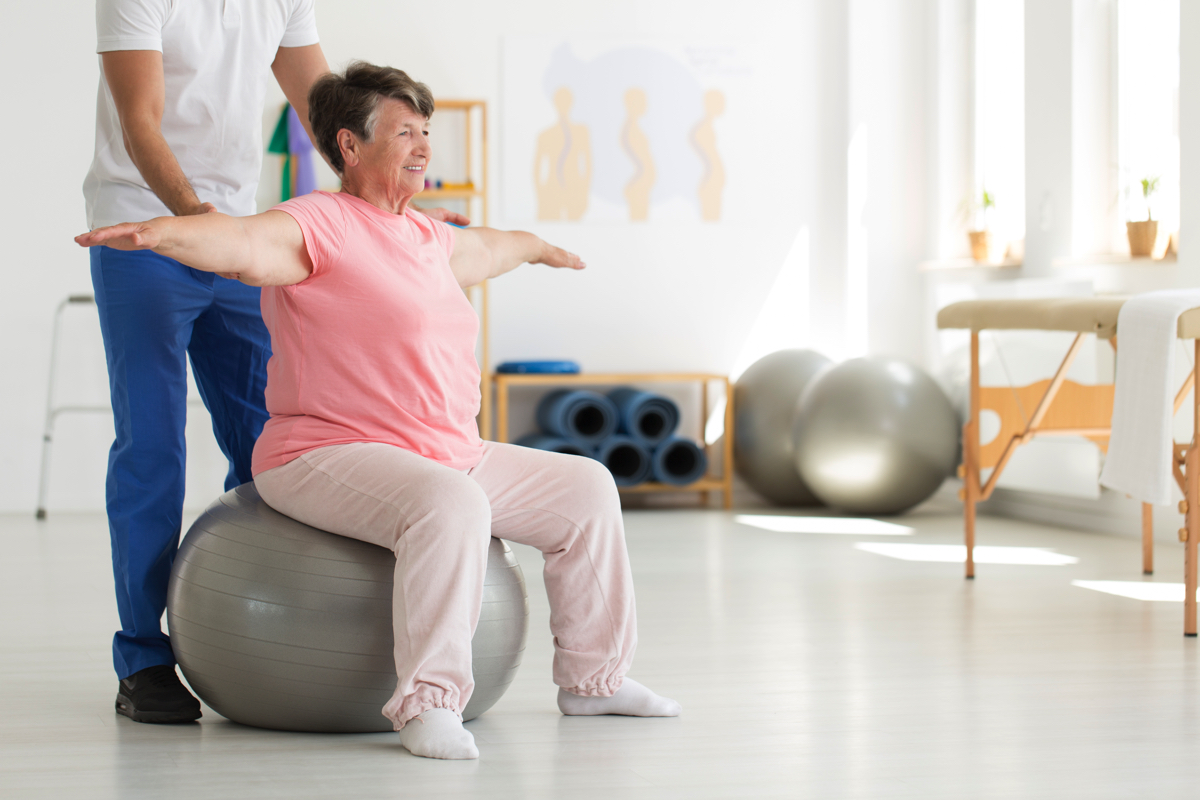Loss of Balance and Fall
(1) Your sensory systems for accurate information about your body’s position relative to your environment; (2) your brain’s ability to process this information; and (3) your muscles and joints for coordinating the movements required to maintain balance. The sensory systems include your sense of touch (feet, ankles, and joints), your sight (eyes) and your inner ear motion sensors.

A person with a balance disorder may have a problem in any one of these areas causing symptoms ranging from frequent loss of balance, unsteadiness while walking, dizziness, or frequent fall leading to injuries such as fractured wrist or hip.
There are multiple treatments for balance disorders. Physical therapist can assess patients for loss of balance and develop a plan of care with your physician. Exercises for gaze stability, lower extremity strengthening and walking can be customized for each patient. Please contact us (772-569-9747) for more information or to set up an appointment.
![Compass Therapeutic - White BG Logo Converted [web only]](https://www.compasstherapeutic.com/wp-content/uploads/2021/03/Compass-Therapeutic-White-BG-Logo-Converted-web-only-scaled.jpg)